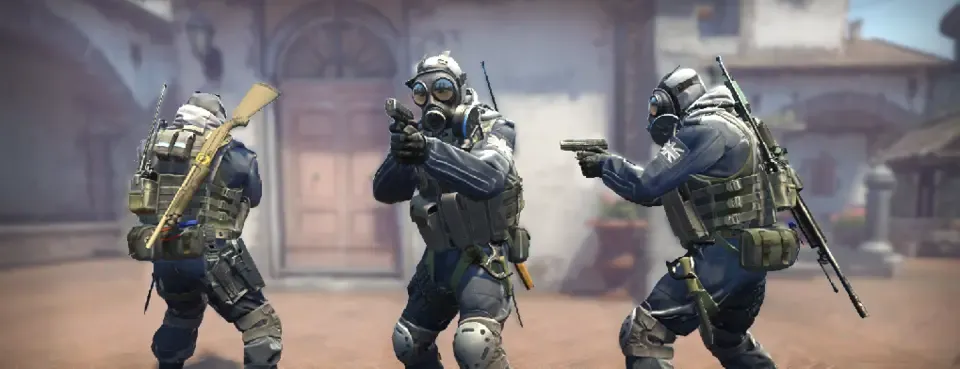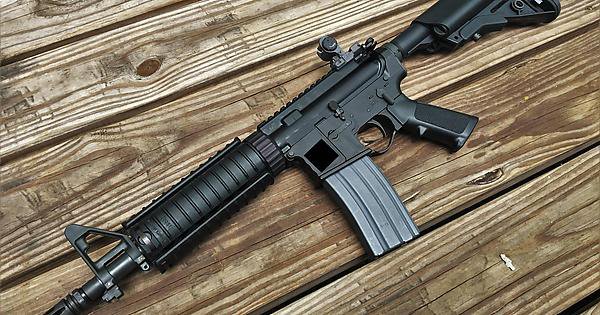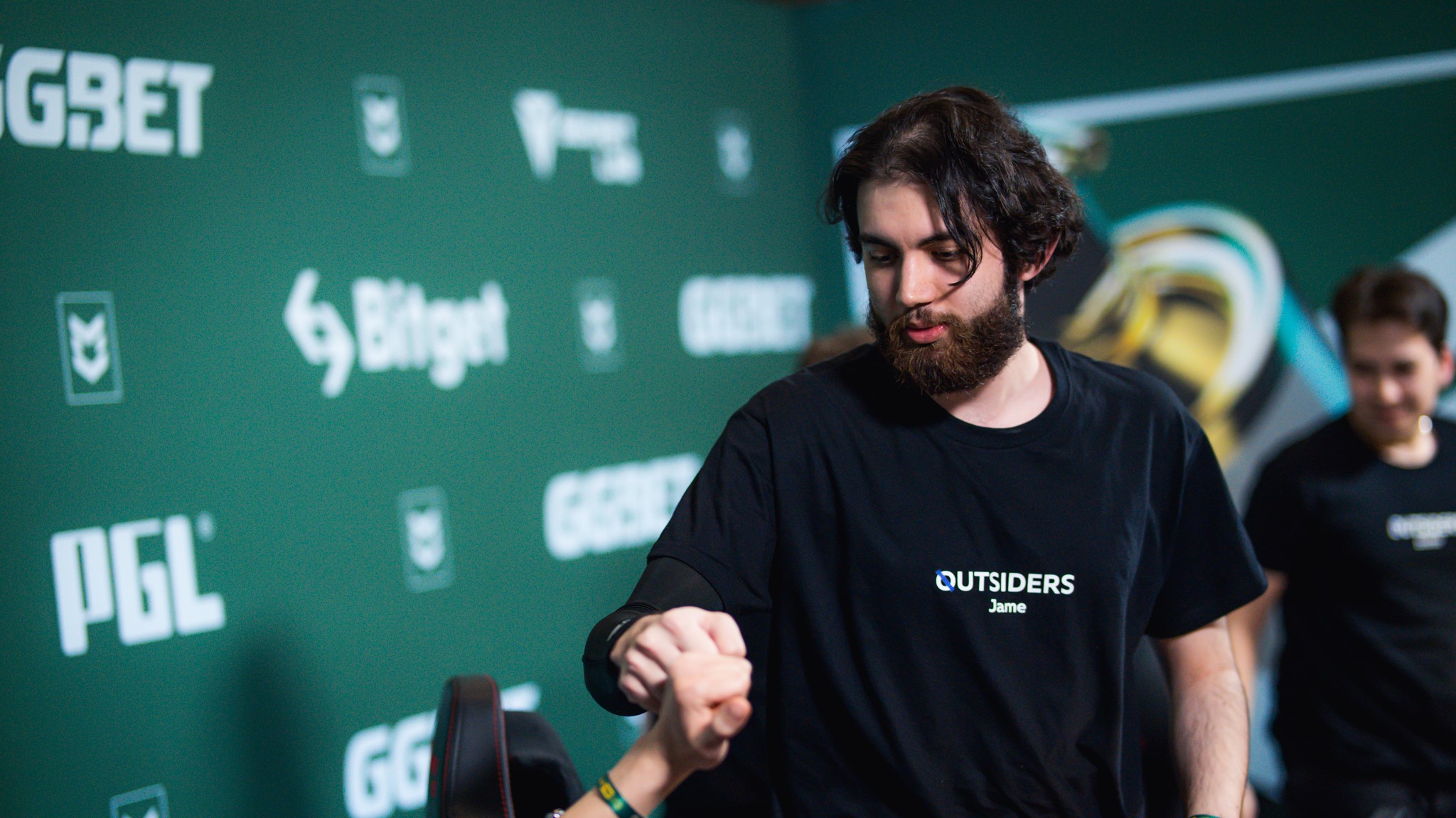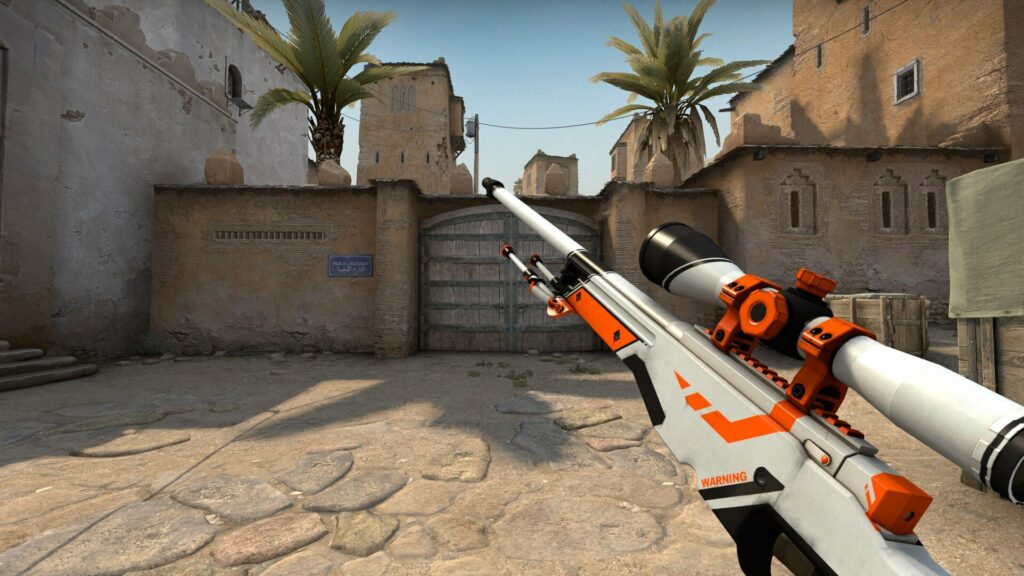
Why do professionals save so often?
Saves in CS:GO are a fairly common occurrence not only in professional matches, but even in matchmaking. However, not everyone understands the importance and meaning of this phenomenon. Why do professional teams save in potentially won rounds? When is it necessary to save? We will explain in this article.
What is a save?
A save is a situation in a round when one of the teams does not try to win it, but tries to survive and keep their weapons. Often, this happens in situations where the round is almost impossible to win. The classic situation is when the attacking side has already taken the point, losing one or two players, and there are only two defenders left from the CT side. The round is almost impossible to win, and the defense hides somewhere on the map, loses the round, and saves their devices.
Although the CT side lost the round, they saved their expensive weapons. It may seem like that's all the defense got, but this is a superficial view, and it is necessary to pay closer attention to the economy.
The impact of saves on the economy
In CS:GO, both teams receive a reward after the end of each round, even the team that lost. Now, it is necessary to study the specifics of the game economy to understand how much money the losing side receives. First of all, let's consider the defense side, as saves for CT are the most advantageous.
The loss bonus is awarded depending on how many rounds the team has lost in a row. For the first loss, the team receives the lowest bonus - $1400. Then, for two consecutive lost rounds - $1900, for three - $2400, for four - $2900, and for five - $3400. After the fifth consecutive lost round, the loss bonus does not change and only resets after a win.
Now, let's calculate a typical full purchase for CT. During a full buy round, a rifler buys an M4A4 or M4A1-S for $3100/$2900, armor for $1000, and grenades, the approximate cost of which ranges from $700 to $1400. Therefore, a full purchase for a rifler on the CT side costs around $5100. Looking at the loss bonus, it can be noticed that half of this amount is accumulated after two lost rounds.

And if at least two players save their own or their teammates' devices, then four full buys after two lost rounds are guaranteed. In case of a loss, the economic hit won't be too severe, as the team will receive a $2400 loss bonus, and a few saves will allow for another buy round.
How do professionals use saves on the CT side?
To see the impact of saves on the economy in professional games, let's look at the game of the Outsiders team. The main idea of the Outsiders' defense is to save after every mistake and not try to play for retakes. The team very rarely goes to defuse the bomb and prefers to leave the site if the bomb is already planted.
A telling example is the confrontation between Outsiders and fnatic on the first map in the upper bracket semifinals of Group A at ESL Pro League Season 17. In the second half of the map, Outsiders saved their devices seven times in 15 rounds. Why does the team do this?
Outsiders lost the pistol round without a save. In the next round, the team made a force buy, which was also lost, but now they saved - three players kept their pistols and SSG08. In the next eco round, the team saved all their devices. Thus, the loss bonus reached $2900. After that, there were no more eco rounds from Outsiders in the half.

The team saved their devices every chance they got, and there was always enough money for each player to have their device and utility. After losing the eco, Outsiders lost seven more rounds, but they never had to eco once. The save of the AWP, as the most expensive device, was especially crucial, and not a single save was complete without Jame. Furthermore, saves also have another function - breaking the opponent's economy. Opponents don't get money for kills, so their economy slowly deteriorates.
The game of Outsiders is proof that saves in CS:GO are incredibly powerful. Even without a good economy backed by winning rounds, the team didn't have to eco once after the half started. It's worth noting that although the map ended with a score of 16-14 in favor of Outsiders, the team was heavily defeated in the first half 5-10.
Saves on the CT side are a very powerful tool for keeping the economy afloat.
Saves on Attack
If saves on CT are an incredibly important part of the economy, then saves on attack have a completely different specificity. Saving the economy on T side is made much more difficult by the fact that a player who survives after the round time expires does not receive money for losing the round.
And if the bomb is already planted, there is not much sense in saving - it's better to try to win the round. Saves on attack happen in very rare cases. For example, a bomb planted in a situation of 4v4 and the death of three terrorists while the last one was far from the bomb site. In such cases, saving would be a good solution, but this is a very rare situation.
It will also be profitable to save an AWP at the end of the round with minimal loss bonus. The benefit of this action is much higher than the loss of money for losing the round. In other cases, saving on the T side does not make sense.

Saves decrease the excitement
Any viewer of professional CS:GO can tell you that saves decrease the excitement of matches, and with it, the interest in the game. This is why many analysts and players hate Outsiders - their matches are very difficult to watch due to the low number of dangerous moments. However, as we have already understood, saving is very beneficial and it is simply impossible to voluntarily give it up. Therefore, to fix this, something needs to be done with the economy.
There have been debates in the community about this for a long time. One proposal was to introduce financial rewards for clutch plays to reduce the number of saves. The suggestion was to give more money for kills in a 1vsX situation. However, this is a questionable proposal, as the financial reward would have to be so high that the balance would be destroyed, and it would become an abuse mechanic. But there is another solution that could change the situation.
The loss bonus could be reduced for defending players who survive after losing a round. Even a decrease of $500 would be an interesting change. If we are talking about fighting for excitement, then it is worth testing.
Speaking of more radical and even absurd options, one could mention such an option as subtracting the cost of the current equipment from the loss bonus. This would completely eliminate saves, but in this case, the economy would have to be rebalanced totally. Because if this is introduced as a separate change, the attacking side will become much stronger than the defending side due to the higher number of buy rounds even with an equal score.
In addition, there is an option to worsen the saved equipment. For example, you could reduce the total number of bullets for a weapon or in the magazine, so that there is much less incentive to save the same M4. And if reducing the bullets in the magazine sounds strange, reducing the total number of bullets makes sense, as it is the weapon and bullets from the previous round. The most radical solution in this case would be not to replenish bullets after the start of a new round, as the device was not bought in it. This could help avoid a huge number of saves.
Saves are a very important mechanic in CS:GO. In the current meta, they are particularly important and advantageous because they help maintain the economy even in a series of lost rounds. However, this does not have a very favorable effect on the entertainment value of the matches, and the longer this meta continues, the more teams will resort to constant saving. Therefore, Valve clearly needs to make some changes to the economy to push teams towards more active play.
Related analytics
Latest top news




Comments